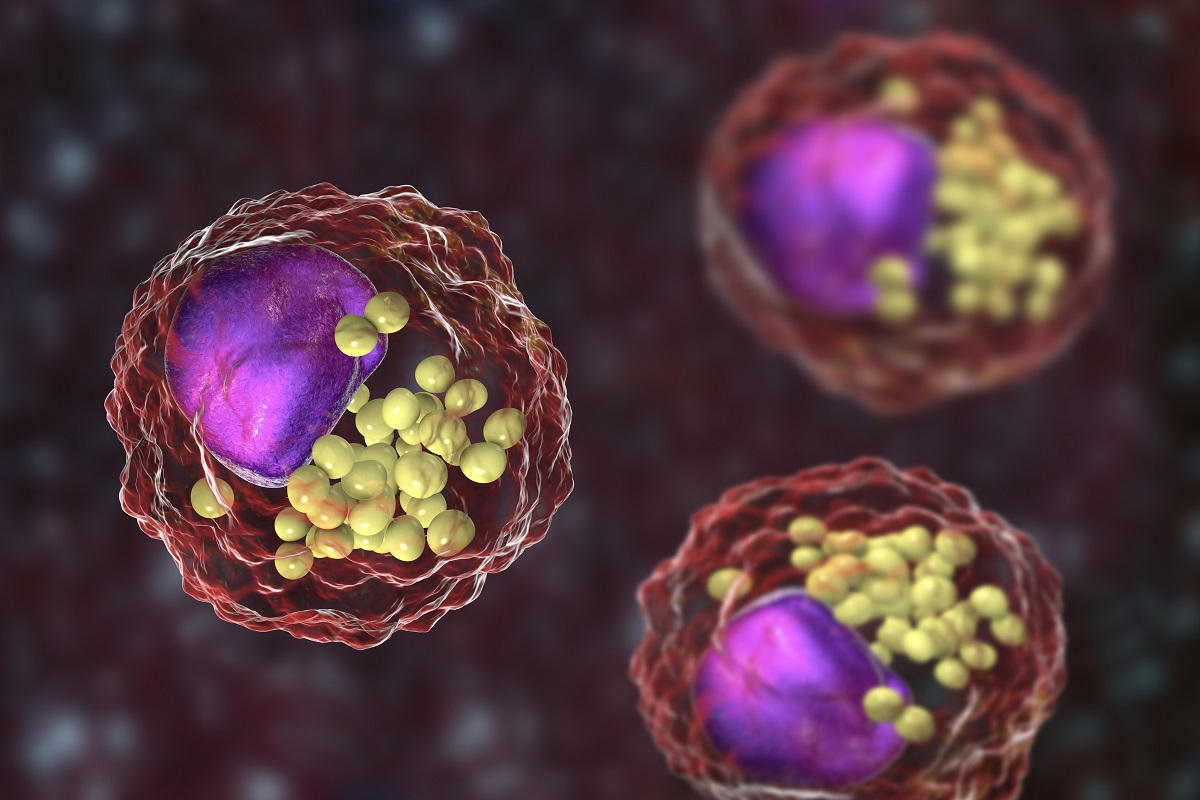KEY TAKEAWAYS
- The phase 1 trial aimed to evaluate the recommended dose of Radspherin for OC after CRS.
- Radspherin was well tolerated, with no observed DLT and 1 SAE reported.
Recurrent ovarian cancer(OC) is a major challenge after surgery. Radspherin is a new treatment using alpha particles, powerful radiation killers effective against tiny tumor remnants and free-floating cancer cells. Unlike other radiation, alpha particles have minimal impact on healthy tissue, potentially reducing side effects.
Yun Wang and his researchers presented a report that aimed to focus on the phase 1 interventional study assessing Radspherin’s recommended dose and safety in patients with platinum-sensitive recurrent epithelial OC undergoing secondary R0 resection.
The intraperitoneal injection of Radspherin occurred two days post-surgery, with dose escalation at 1-2-4-7 MBq. Researchers reported the safety interim analysis conducted after the dose-limiting toxicity (DLT) period. They enrolled 14 patients in the dose escalation cohort, with a median age of 66 (range: 56-77) and a median peritoneal cancer index of 7 (range: 3-16). The 7MBq dose was chosen as the recommended dose due to the absence of DLT.
There were 91 adverse events (AEs) reported, predominantly grade 1 or 2 (98%), with only two classified as grade 3. Three grade 1 AEs in 2 patients were possibly related to both Radspherin and CRS (night sweats (2), fatigue (1)). Five serious AEs (SAEs) were reported, with the investigator deeming three unrelated to Radspherin but associated with surgery (compression fracture, ileus, paralytic ileus, small intestinal obstruction, intestinal obstruction). A grade 2 procedural complication (leakage during administration) was reported as an SAE due to its medical significance, with no identified complications during patient follow-up.
All doses of Radspherin were tolerated without significant safety concerns. After careful evaluation, the highest dose (7MBq) was selected for the expanded cohort due to its favorable safety and potentially increased effectiveness. Only 1 mild side effect associated with the treatment was reported. This study is sponsored by Oncoinvent AS.
Source: https://www.emma.events/site/programme/?sessiondetail=4534543&trackid=0&a=esgo2023#!
Clinical Trial: https://clinicaltrials.gov/study/NCT03732768
Wang Y, Van Nieuwenhuysen E, Skeie-Jensen T, et al. “First Experience With Intra-Abdominal 224Radium-Labelled Microparticles (Radspherin) After Cytoreductive Surgery For Peritoneal Metastasis In Recurrent Epithelial Ovarian Cancer (Phase 1 Study)” Presented at ESGO 2023 (Abstract 850).



